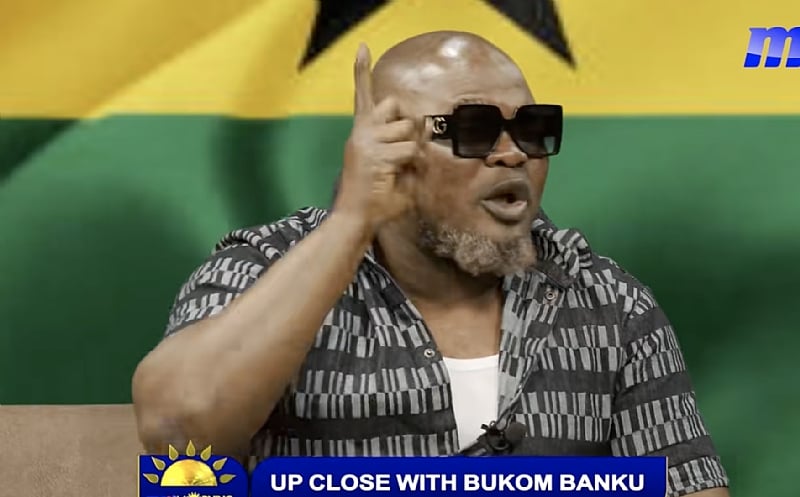The unauthorized takeover of the Bukom Astroturf pitch by retired boxer Brimah Kamoko, famously known as Bukom Banku, has ignited controversy within the community. Banku unilaterally seized control of the facility, displacing the existing management committee established by the previous administration in 2024. His actions have raised concerns about due process and the proper management of community resources. Banku, asserting his authority based on his local roots and perceived responsibility to the community, has challenged anyone opposed to his actions to report him to the highest authorities, including President John Dramani Mahama. His defiant stance reflects a belief that his connection to Bukom grants him a special right to manage the facility, seemingly superseding any formal procedures. This move highlights the complex interplay between individual initiative, community ownership, and official governance.
Banku’s justification for his takeover rests primarily on his claim of acting in the best interests of the Bukom community. He argues that the revenue generated from the Astroturf’s usage will be dedicated to its maintenance, ensuring its long-term viability as a community asset. He positions himself as the necessary caretaker, implying that the previous management was either ineffective or absent, leaving a void he is now filling. This rationale, however, sidesteps the established procedures for managing public facilities, raising questions about the legitimacy of his actions and the potential for misuse of funds. Transparency and accountability become key concerns when informal management supersedes official oversight.
The previous management committee, appointed by the prior NPP government, represents a structured approach to community resource management. Their removal by Banku disrupts this established order and potentially introduces instability into the Astroturf’s operations. The lack of a clear transition process and the absence of community consultation raise further concerns about the legality and ethical implications of Banku’s actions. This situation underscores the importance of established protocols and the potential for conflict when individuals circumvent official channels. The community’s response to Banku’s actions will likely determine the future management of the Astroturf and highlight the community’s preferred approach to governance.
Banku’s public defiance and his direct challenge to those who question his authority indicate a strong belief in his position. His reference to President Mahama, the Vice President, and the local MP suggests a perception of political backing, or at least an assumption that his actions align with the current government’s priorities. This bold stance underscores the complexities of local politics and the influence individuals can wield within their communities. Whether this perceived support translates into official recognition of his management remains to be seen. The government’s response will be crucial in establishing the precedent for future community resource management and clarifying the boundaries between individual initiative and official authority.
The situation at the Bukom Astroturf pitch highlights the broader issue of managing community resources in Ghana. Balancing local needs with established procedures, ensuring transparency and accountability, and navigating the dynamics of local politics are ongoing challenges. Banku’s actions, while controversial, bring these challenges to the forefront and create an opportunity for dialogue and clarification. The outcome of this situation will likely influence how similar scenarios are handled in the future, shaping the relationship between individual initiative, community ownership, and official governance.
Ultimately, the controversy surrounding the Bukom Astroturf pitch underscores the importance of inclusivity, transparency, and accountability in community governance. While Banku’s intentions may be rooted in a genuine desire to serve his community, his methods raise serious questions about the legitimacy of his actions and the potential for misuse of authority. The government’s response and the community’s reaction will be critical in determining the future management of the facility and setting a precedent for future community resource management in Ghana. This situation serves as a case study in the ongoing negotiation between individual action, community needs, and established procedures for managing public resources.














